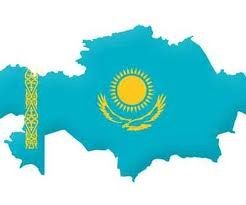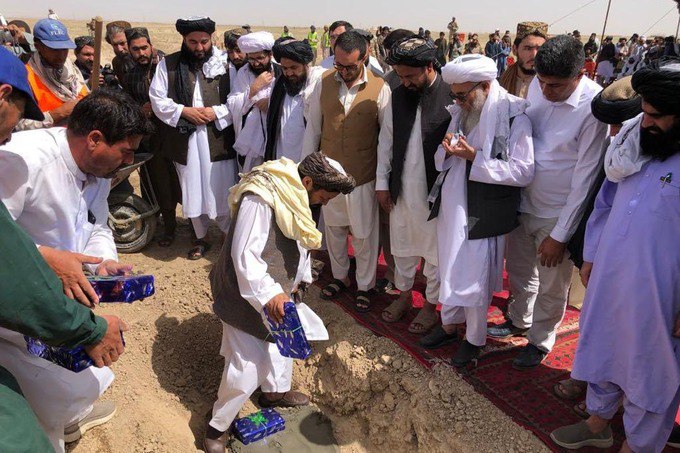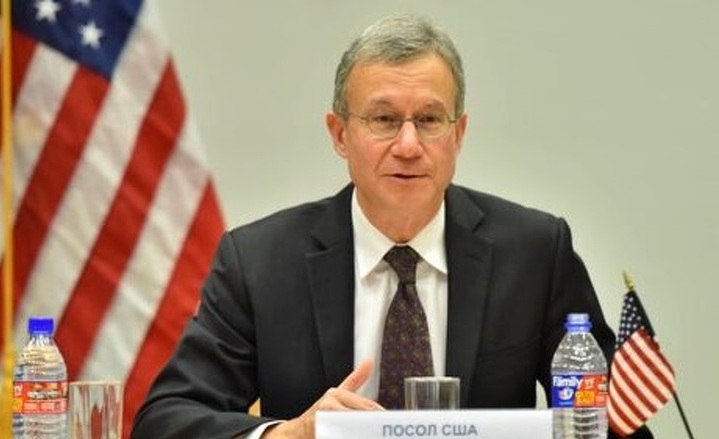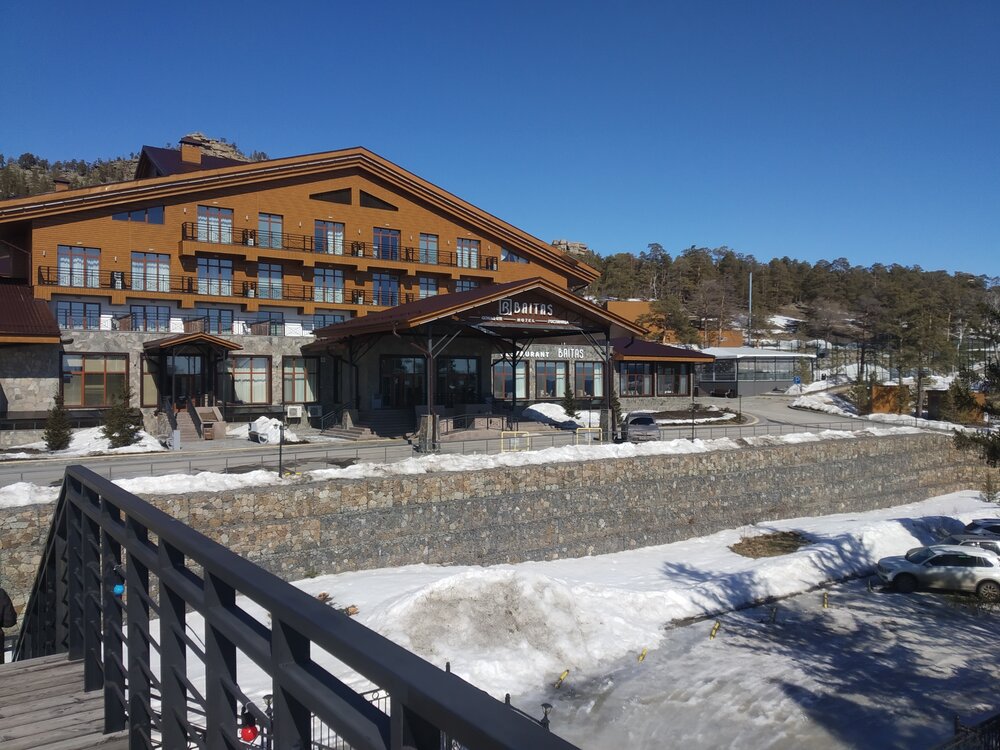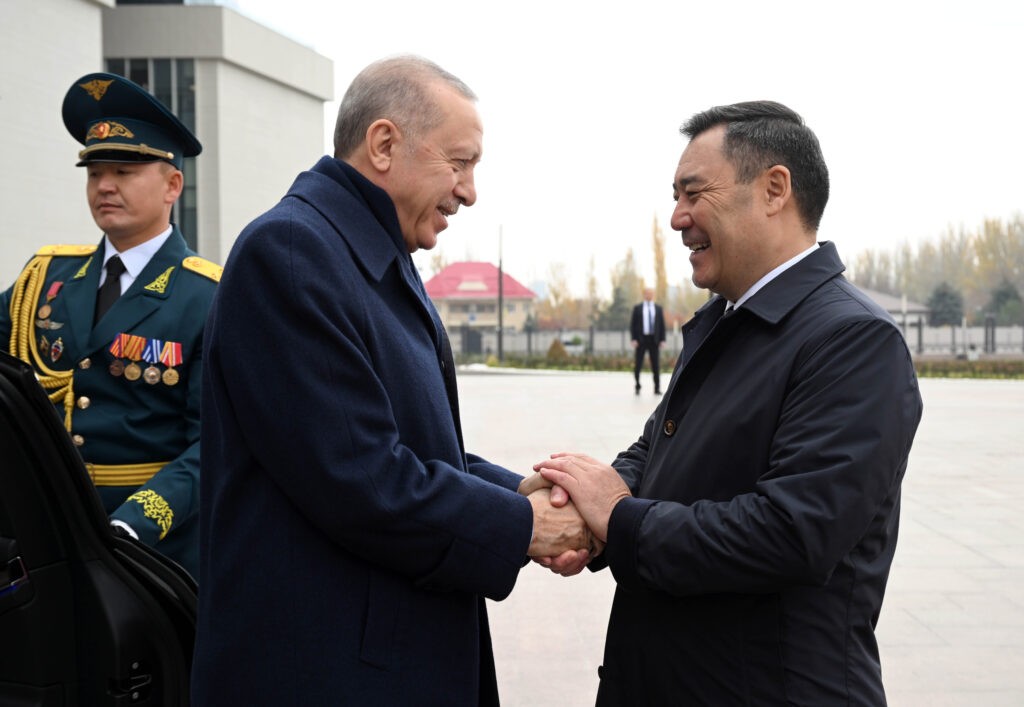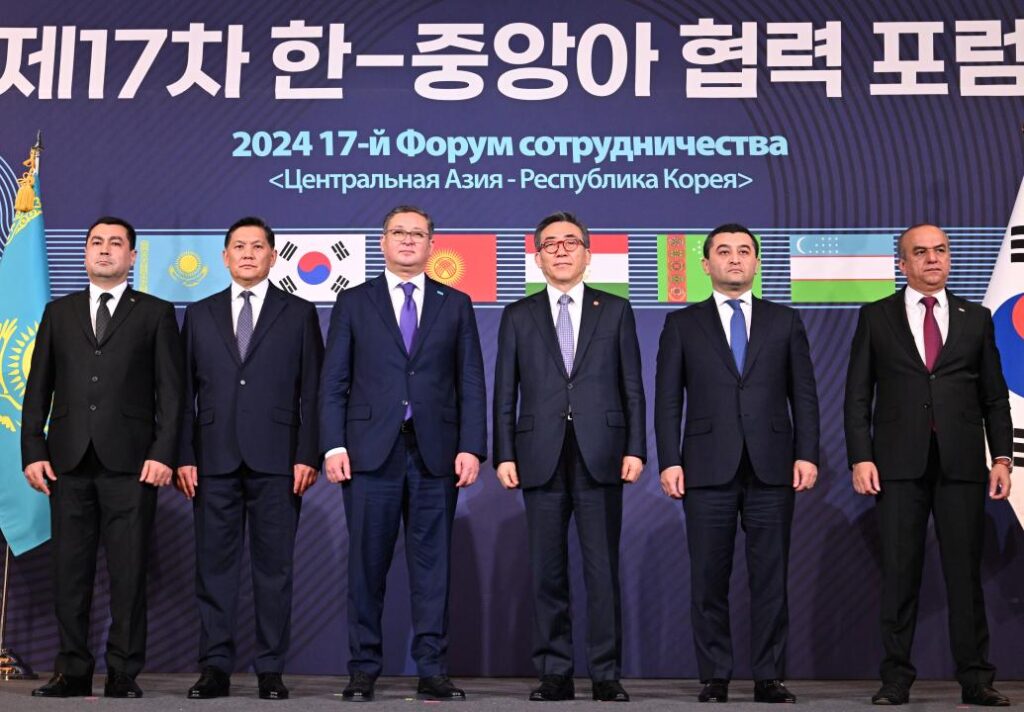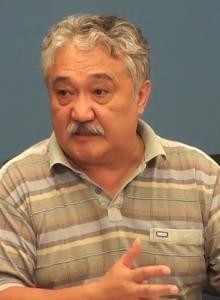ASTANA (TCA) — Foreign Minister Beibut Atamkulov this week held a briefing for the heads of diplomatic missions and representatives of international organizations accredited in Kazakhstan, the Kazakh Foreign Ministry said.
The minister stated that the President of Kazakhstan, Nursultan Nazarbayev, defined the main task of the government as increasing the welfare and quality of life of its citizens. “The main task of the Foreign Ministry is to provide favorable external conditions for the sustainable social and economic development of the country by political and diplomatic means,” the minister stressed at the opening of the meeting.
The minister said that Kazakhstan considers the development of multilateral diplomacy as a key strategic resource of foreign policy. Astana’s message is clear — an inclusive dialogue between leading powers is needed to overcome ‘bloc thinking’ and reach consensus on key global issues. Conflicts should be resolved through diplomatic means based on the principle of collective responsibility. This is a message which has been repeatedly championed by President Nazarbayev. His initiative of holding a meeting between global players, including Russia, China, the US and the European Union, and updating the Helsinki Act are aimed at achieving this goal.
Kazakhstan will take further active efforts to consolidate the global anti-nuclear movement. Work will also continue on the creation of a UN Regional Hub in Almaty.
At the initiative of President Nazarbayev, Astana plans to host the First World Congress of Turkology. In addition, Kazakhstan is expected to host such high-level forums as the 12th Astana Economic Forum and the 4th Meeting of Speakers of the Eurasian Parliaments, themed “Greater Eurasia: Dialogue, Trust, Partnership”. In June 2020, the 12th Ministerial Conference of the World Trade Organisation will take place in Astana.
Kazakhstan will continue to help resolve conflicts, in particular, the Syrian crisis, using the framework of the Astana process.
The Foreign Minister elaborated on the priorities of Kazakhstan in its relations with Russia, China, the US, the countries of Central Asia, the EU, the Commonwealth of Independent States, Turkey, Iran, the Middle East, Asia and Africa, as well as Canada and the countries of Latin America.
In the light of the new functions of the Foreign Ministry, significant work will be carried out to further improve the investment climate in accordance with the standards of the Organisation for Economic Cooperation and Development. The “National Investment Strategy” has been developed and adopted with the assistance of the World Bank. Kazakhstan expects to further develop its international economic relations, with a focus on innovative and services sectors.
Good opportunities for joint international projects have been provided by the launch of the Astana International Financial Centre, the International Centre for Green Technologies and Investment, as well as the International Technology Park of IT start-ups “AstanaHub” at the EXPO site.
In the framework of the Rukhani Zhangyru programme, a comprehensive study of the historical and cultural heritage of Kazakhstan will be carried out, including the global promotion of Kazakhstan’s heritage. Kazakhstan anticipates that cultural and humanitarian cooperation will become a significant factor in collaboration with countries around the globe.
Efforts on visa liberalisation will continue in Kazakhstan. Today, citizens of 45 countries have the right to visa-free entry into the country, for up to thirty days. Agreements on exemption from visa requirements for holders of civil passports have been signed with 20 countries. Since 1 January this year, a pilot project for issuing a single-entry electronic visa for foreigners has been introduced. Tourist e-visas are issued to citizens of 117 states, and 23 states can apply for e-visas relating to business and healthcare purposes.
